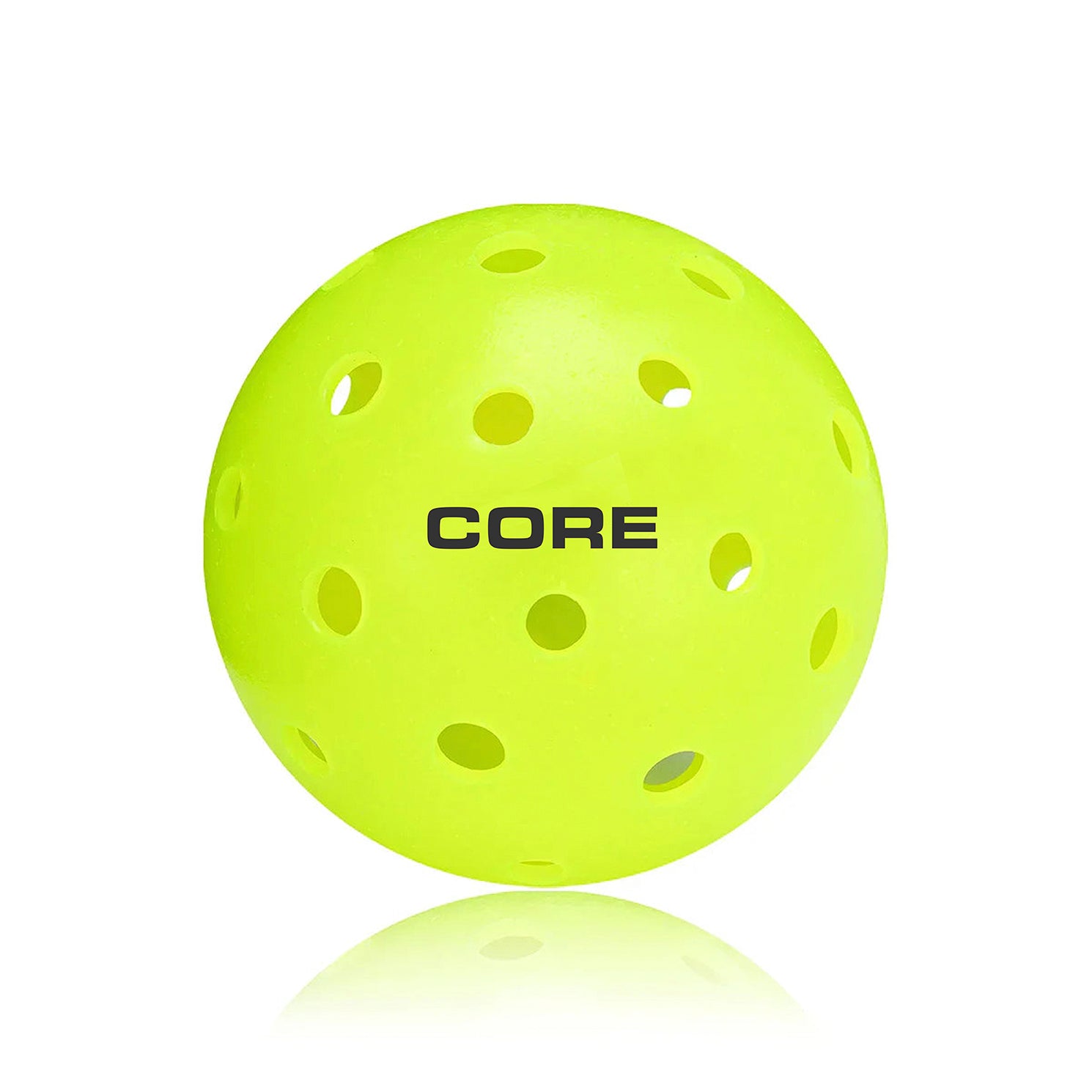Is pickleball a mental game or recreational activity?
Pickleball, a sport that combines elements of tennis, badminton, and ping pong, has gained significant attention in recent years. As its popularity grows, a common question arises: Is pickleball more of a mental game or a recreational activity? In this article, we will delve into this topic and explore the various aspects of pickleball.
The mental aspect of pickleball
While pickleball is often perceived as a recreational activity, it undeniably possesses a strong mental component. Like any sport, pickleball requires focus, strategy, and decision-making skills. In order to excel in the game, players must carefully analyze their opponents' strengths and weaknesses, anticipate their moves, and make split-second decisions.
Strategy and tactics
One of the key mental aspects of pickleball lies in its strategic positioning and shot selection. Players must consider various factors such as the dimensions of the court, their opponents' positions, and the likelihood of winning a point with each shot. The ability to choose the right shot at the right time can have a significant impact on the outcome of a game. By employing effective strategies and tactics, players can gain an advantage over their opponents and increase their chances of success.
Concentration and focus
Successful pickleball players must maintain a high level of concentration and focus throughout the game. They need to keep their attention on the ball, closely observe their opponents' movements, and carefully position themselves on the court. By maintaining mental clarity while playing, players can enhance their accuracy, agility, and overall performance. The ability to stay focused even in high-pressure situations is crucial in order to make quick decisions and execute effective shots.
Adaptability and problem-solving
Pickleball is a dynamic sport that demands players to be adaptable and adept at problem-solving. Players must be able to quickly adjust their strategies based on their opponents' playing style, court conditions, and even weather elements. By making effective on-the-spot decisions, players can counter their opponents' strengths and exploit their weaknesses. The ability to adapt and problem-solve in real-time is a key aspect of the mental game in pickleball.
The recreational aspect of pickleball
While pickleball does possess a mental component, it is primarily considered a recreational activity. Many individuals engage in the sport purely for leisure, enjoyment, and social interaction. Pickleball offers several benefits that make it an appealing choice for recreational players.
Accessibility and ease of learning
One of the major reasons why pickleball is popular as a recreational activity is its accessibility and ease of learning. The rules of the game are simple, and people of all ages and skill levels can quickly grasp the basics. Unlike some other sports that require extensive training or physical prowess, pickleball can be enjoyed by individuals with varying levels of athletic ability. This accessibility makes it an ideal recreational activity for those looking for a fun and engaging experience.
Social interaction and community-building
Pickleball is often played in doubles or mixed doubles formats, promoting socialization and teamwork. The sport provides an excellent opportunity to meet new people, make friends, and develop a sense of belonging within the pickleball community. Many players enjoy the social aspect of the game as much as the physical activity itself. Playing pickleball can foster a sense of camaraderie and create lasting connections, making it a popular recreational choice for those seeking social interaction.
Health and well-being benefits
Engaging in recreational activities like pickleball can have positive impacts on both physical and mental well-being. Regularly playing pickleball can improve cardiovascular health, increase muscle strength and flexibility, and enhance hand-eye coordination. The physical aspects of the game contribute to better overall fitness levels. Additionally, the social and competitive aspects of pickleball can boost mood, reduce stress, and improve mental health. The combination of physical activity and social engagement makes pickleball a holistic recreational pursuit that promotes well-being.
Conclusion
In conclusion, pickleball is a versatile sport that offers both mental and recreational aspects. While the game demands strategic thinking, concentration, and adaptability, it is also an accessible and enjoyable activity for recreational players. Whether you approach pickleball as a mental challenge or a recreational outlet, the sport has something to offer for everyone. So, grab a paddle, step onto the court, and enjoy the unique experience that pickleball has to offer.
Frequently Asked Questions
1. Is pickleball more of a mental game or a recreational activity?
Pickleball is a versatile sport that offers both mental and recreational aspects. It requires strategic thinking, concentration, and adaptability, making it a mental game. However, it is also accessible, enjoyable, and promotes social interaction, making it a popular recreational activity.
2. What are the mental aspects of pickleball?
Pickleball involves strategic positioning, shot selection, concentration, focus, adaptability, and problem-solving. Players need to analyze their opponents' strengths and weaknesses, make quick decisions, and adjust their strategies based on changing circumstances.
3. What are the recreational aspects of pickleball?
Pickleball is an appealing recreational activity due to its accessibility and ease of learning. People of all ages and skill levels can quickly grasp the basics. It also promotes social interaction, teamwork, and community-building. Additionally, playing pickleball has health benefits, improving cardiovascular fitness, muscle strength, and mental well-being.
4. Can pickleball be enjoyed by both competitive and recreational players?
Yes, pickleball caters to both competitive and recreational players. Competitive players can focus on the mental challenges, strategy, and skill development, while recreational players can enjoy the social interaction, accessibility, and health benefits of the sport. Pickleball has something to offer for everyone.





